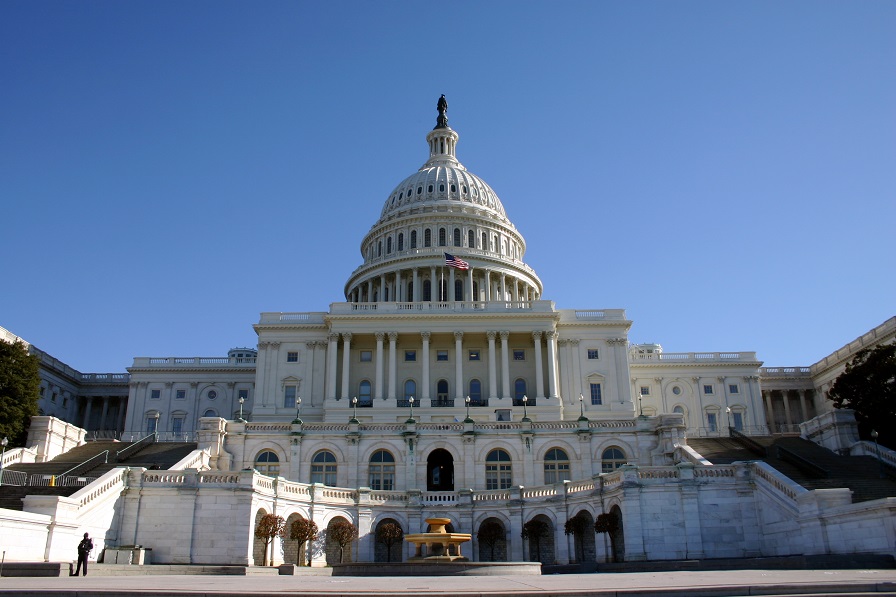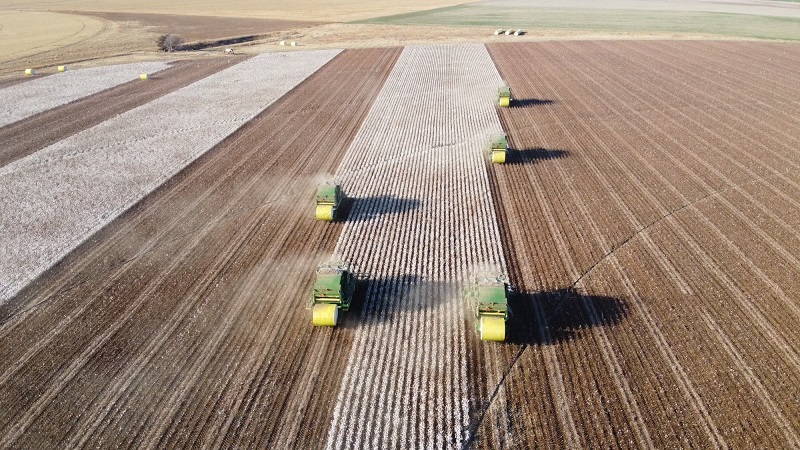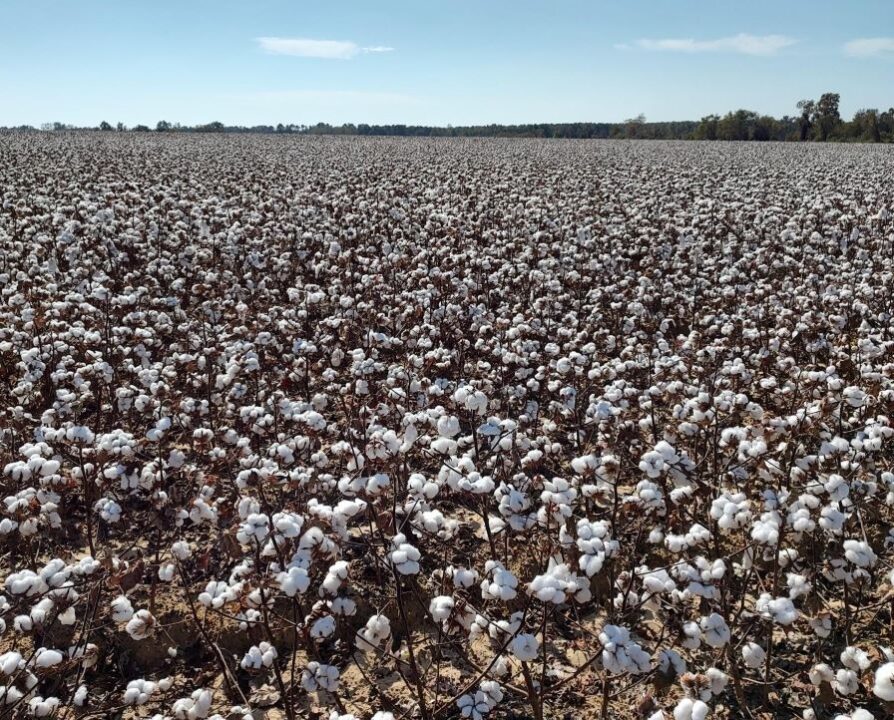Government and Industry Need to Work Together
In the past two decades, we have seen many trade barriers lifted, free trade areas formed, currencies united, and multinational companies flourish. The vast effort of globalization has created a large network of interdependent economies.
Unfortunately, for many, the current U.S. economic crisis has made us realize just how closely knitted our global economies have become. GDP growth for most economies, even strong ones such as Japan’s and China’s, plunged in the same year as that of the United States. One country’s economic problem spreads to the rest of the world within a few months’ time.
In the “small” but global world of cotton, the effect of globalization is very apparent. During the U.S. recession in the second half of 2008, for instance, global cotton consumption for 2008/09 immediately dropped by an average of 10 percent.
A change in a country’s macroeconomic environment, a political event, trade policy, or even a shift in weather in one of the cotton-producing countries impacts the global cotton trade. The extent of impact to each of the players depends largely on their resilience and ability to adapt to sudden changes. In most cases, the government plays a very important role in mediating these impacts.
China, South Asian and Southeast Asian countries make up to 77 percent of world’s cotton consumption. With rapid growth in Asia, these figures will most likely continue to increase. The question is: Why does China, with 20 percent of the world’s population, consume more than 40 percent of world’s cotton supply, while countries such as India (with 17 percent of world population) and Indonesia (at 3 percent) use only 16.7 percent and 1.6 percent of world’s cotton, respectively?
Governments: Use your influence wisely
One reason is the number of large-scale, garment-exporting factories in China. The success of these factories in penetrating global garment markets is fueled by Chinese government support. Without the right support from its government, companies will have a tough time being competitive globally.
Textile-related products are among Indonesia’s top five exports, yet government support to the industry is surprisingly low. There has been no aid offered by the Indonesian government in response to the recent cotton price hike. Indonesian spinners are left to battle the situation as best they can.
The government’s role is crucial to maintaining a strong, stable business environment for its industries, especially when the raw material is traded as globally as cotton is. With teamwork between government and industry, countries such as China have a much better chance of dealing with problems that arise in today’s uncertain market.
The time has come for us to work together more closely. As recent events have shown, countries are becoming increasingly interdependent, especially in cotton. We need to consider the impact on ourselves, but also to the chain reaction it triggers in the global network, because what goes around does come around. More than ever, we are one cotton, one world









